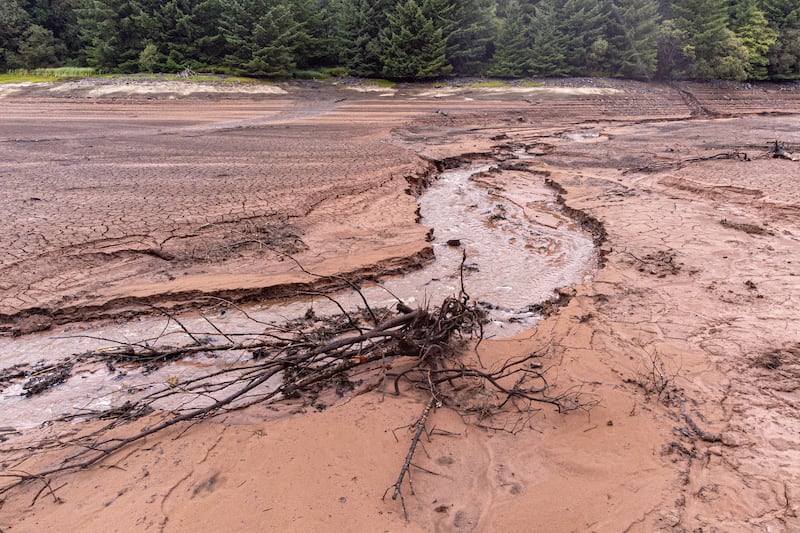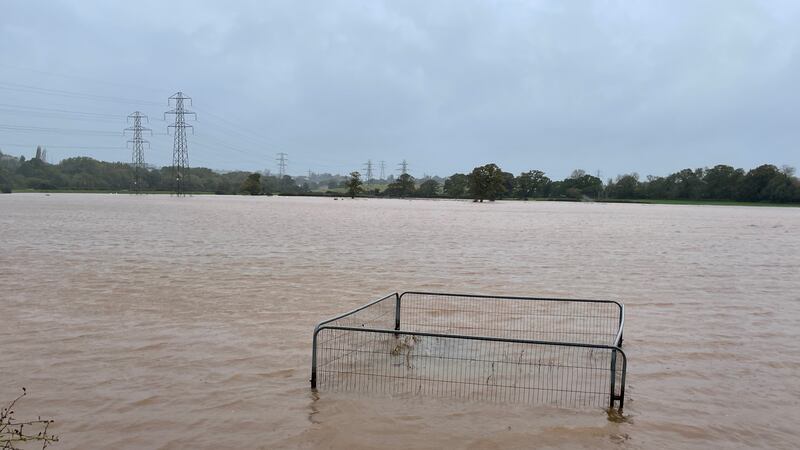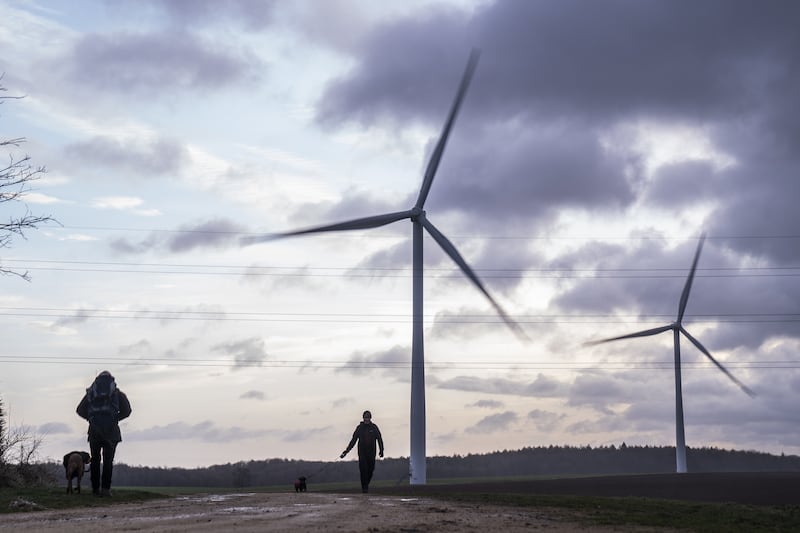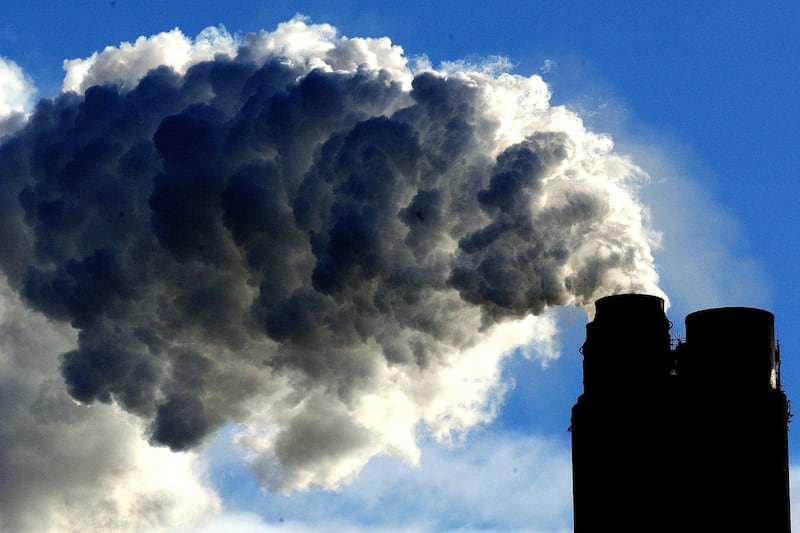Europe suffered a “huge number” of climate extremes as the continent was hit by heatwaves, wildfires, droughts and flooding last year, scientists said.
The extreme weather affected human health and caused billions of pounds in economic losses – and is set to get more frequent and intense as the world warms, experts said as they launched a report on the European state of the climate in 2023.
The report, from the EU’s Copernicus Climate Change Service (C3S) and the UN’s World Meteorological Service (WMO), details the impacts of global warming, including a “beyond extreme” marine heatwave off the UK and Irish coasts, the continent’s largest ever wildfire and exceptional glacier melt.
Heat-related deaths are on the rise in Europe, while 63 lives were lost to storms, 44 to floods and 44 to wildfires in 2023, and weather and climate-related, economic losses were an estimated 13.4 billion euros (£11.5 billion), the report said.
Celeste Saulo, WMO secretary-general, said: “The climate crisis is the biggest challenge of our generation. The cost of climate action may seem high but the cost of inaction is much higher.”
Overall, the continent saw its joint warmest or second warmest year on record – depending on the dataset used for analysing the year – with the warmest September on record.
North western Europe saw its warmest June on record, while much of Europe was hit by heatwaves during the “extended summer” from June to September.
At the peak of a heatwave in July, 41% of southern Europe was affected by strong to extreme heat stress, which worsens existing health conditions and can raise the risk of illnesses such as heat exhaustion and heatstroke.

The scientists warned that heat-related deaths have increased by about 30% in the past 20 years, and Europe in 2023 experienced a record number of days with “extreme heat stress”.
Heat hit the oceans too, with the average surface temperature for Europe’s seas the highest on record, the report said.
And, in June, the Atlantic to the west of Ireland and around the United Kingdom was hit by a marine heatwave that was classed as “extreme” and in some areas “beyond extreme”, with sea surface temperatures up to 5C above average.
Rainfall across Europe was up 7% on average levels, with a third of the river network exceeding “high” flood thresholds and 16% seeing flows above the “severe” flood threshold, including many rivers across the UK.
Major river basins including the Loire, Rhine and Danube saw record or near-record high river flows due to a series of storms between October and December.
Four fifths of the economic losses in 2023 were due to flooding, which affected an estimated 1.6 million people in Europe, the report said.
Wildfires burned an area the size of London, Paris and Berlin combined, with Europe’s largest ever fire in Greece covering 370 square miles, and there were periods of drought in the Iberian peninsula and eastern Europe.
There was a below average number of days with snow, the report said, and the lack of winter snow combined with summer heatwaves meant the Alps saw “exceptional glacier loss” in 2023.
Over the past two years, Alpine glaciers have lost about 10% of their remaining volume, the report found.
C3S director Carlo Buontempo said 2023 was a “complex and multifaceted” year for climate hazards.
“We witnessed widespread floods, but also high temperature, extreme wildfire, severe drought.
“And these events have not only strained natural ecosystems, but they’ve also posed severe challenges to agriculture, water resources management and public health.
“Hundreds of thousands of people were affected by extreme climate events in 2023, which have been responsible for large losses at continental level, estimated to be at least in the tens of billions of Euros,” he said.
“Unfortunately, these figures are unlikely to get smaller, at least in the near future,” he warned.
The service’s deputy director, Samantha Burgess, said: “Europe in 2023 saw a huge number of records, a record number of Europeans affected by heat stress, record ocean temperatures, and record melting of glaciers.
“We also saw a huge number of extreme events from the largest wildfire in Europe in Greece last year to the sheer number and frequency of flooding and storm events across Europe.
“We know that extreme events are likely to become more frequent and more intense due to climate change.
“And we also know that all of these events are within a context of record concentrations of greenhouse gases in our atmosphere, which are the ultimate driver of human-caused climate change.”
The report found that renewables, such as hydropower, wind and solar which all rely on climatic conditions, generated a record proportion of Europe’s electricity, at 43%, with storms and rain boosting the potential for wind and river flow hydropower, while there was a mixed picture for solar.








